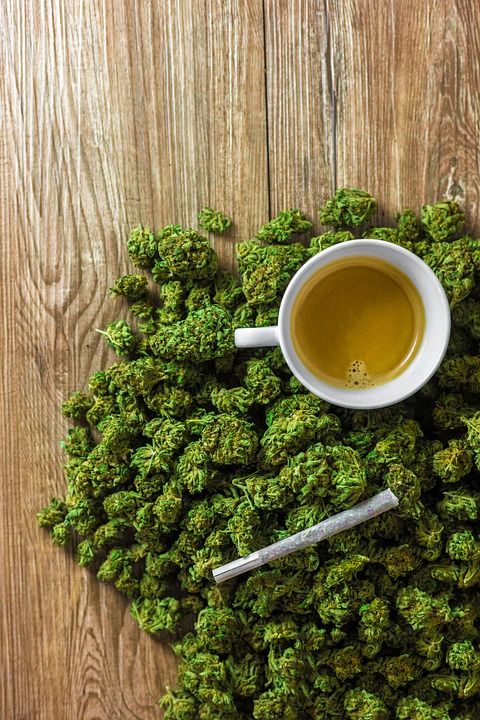In recent years, hemp has emerged as one of the fastest-growing crops in agriculture. With its versatile uses and numerous benefits, hemp is gaining popularity among farmers, consumers, and policymakers alike. From textiles to food products to building materials, hemp is making a comeback as a sustainable and eco-friendly crop.
The Benefits of Hemp
One of the main reasons for the growing popularity of hemp is its eco-friendly nature. Hemp is a highly sustainable crop that requires little water, no pesticides, and grows quickly in a variety of climates. In addition, hemp has a high yield per acre, making it a profitable crop for farmers. Hemp can also be used in a wide range of products, from clothing and paper to food and fuel.
Textiles
Hemp fibers are known for their durability and strength, making them ideal for textiles. Hemp clothing is becoming more and more popular as consumers are becoming more conscious of the environmental impact of their clothing choices. Hemp textiles are also biodegradable, making them a more sustainable option compared to traditional cotton or synthetic fibers.
Food Products
Hemp seeds are a highly nutritious food source, rich in protein, fiber, and essential fatty acids. Hemp seeds can be eaten raw, ground into flour, or pressed into oil. Hemp oil is also used in cooking and skincare products due to its high levels of omega-3 and omega-6 fatty acids.
Building Materials
Hemp fibers can be used to make a variety of building materials, including insulation, hempcrete, and bioplastics. Hempcrete, a mixture of hemp fibers and lime, is a lightweight and breathable material that is gaining popularity in sustainable building design. Hemp insulation is also becoming more common as homeowners seek energy-efficient and environmentally friendly building materials.
The Legalization of Hemp
One of the main factors driving the surging popularity of hemp is its legalization in many countries around the world. In the United States, the 2018 Farm Bill removed hemp from the list of controlled substances, paving the way for the cultivation of hemp for commercial purposes. This has led to a boom in the hemp industry, with farmers rushing to plant hemp crops and businesses exploring new opportunities in the hemp market.
Conclusion
Overall, the growing popularity of hemp is a positive trend for agriculture and the environment. Hemp offers a sustainable and versatile crop that can be used in a wide range of products, from textiles to food to building materials. With the legalization of hemp in many countries, the future looks bright for this ancient and underrated crop.
FAQs
What is hemp?
Hemp is a versatile crop that has been cultivated for thousands of years for its fibers, seeds, and oil. Hemp is a member of the cannabis plant family but contains low levels of THC, the psychoactive compound found in marijuana.
Is hemp the same as marijuana?
No, hemp and marijuana are different varieties of the cannabis plant. Hemp contains low levels of THC (less than 0.3%), while marijuana contains much higher levels of THC (typically 5-20%). Hemp is used for industrial purposes, while marijuana is used for recreational and medicinal purposes.
What are the benefits of using hemp products?
Hemp products are eco-friendly, sustainable, and versatile. Hemp requires less water and no pesticides to grow, making it a more environmentally friendly crop compared to conventional crops. Hemp products are also biodegradable, making them a more sustainable option for consumers.

